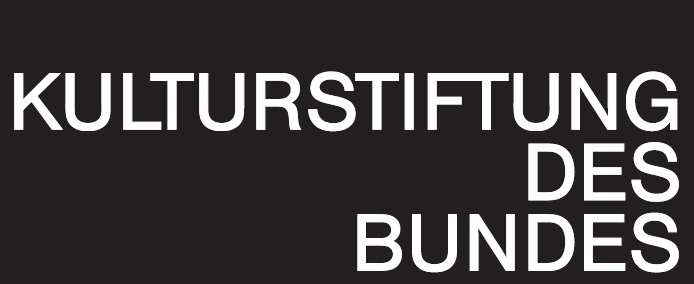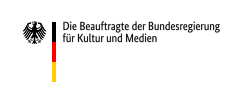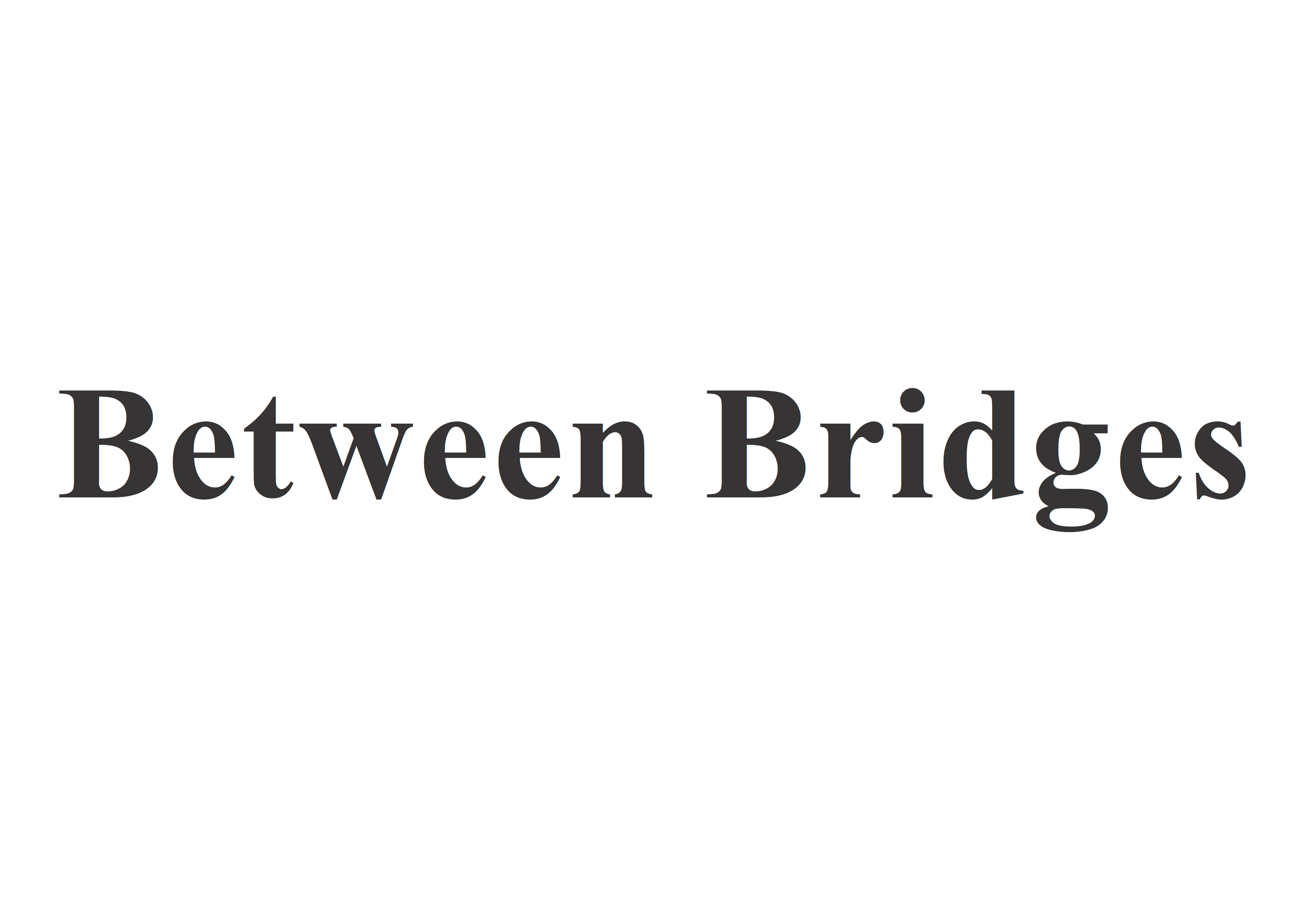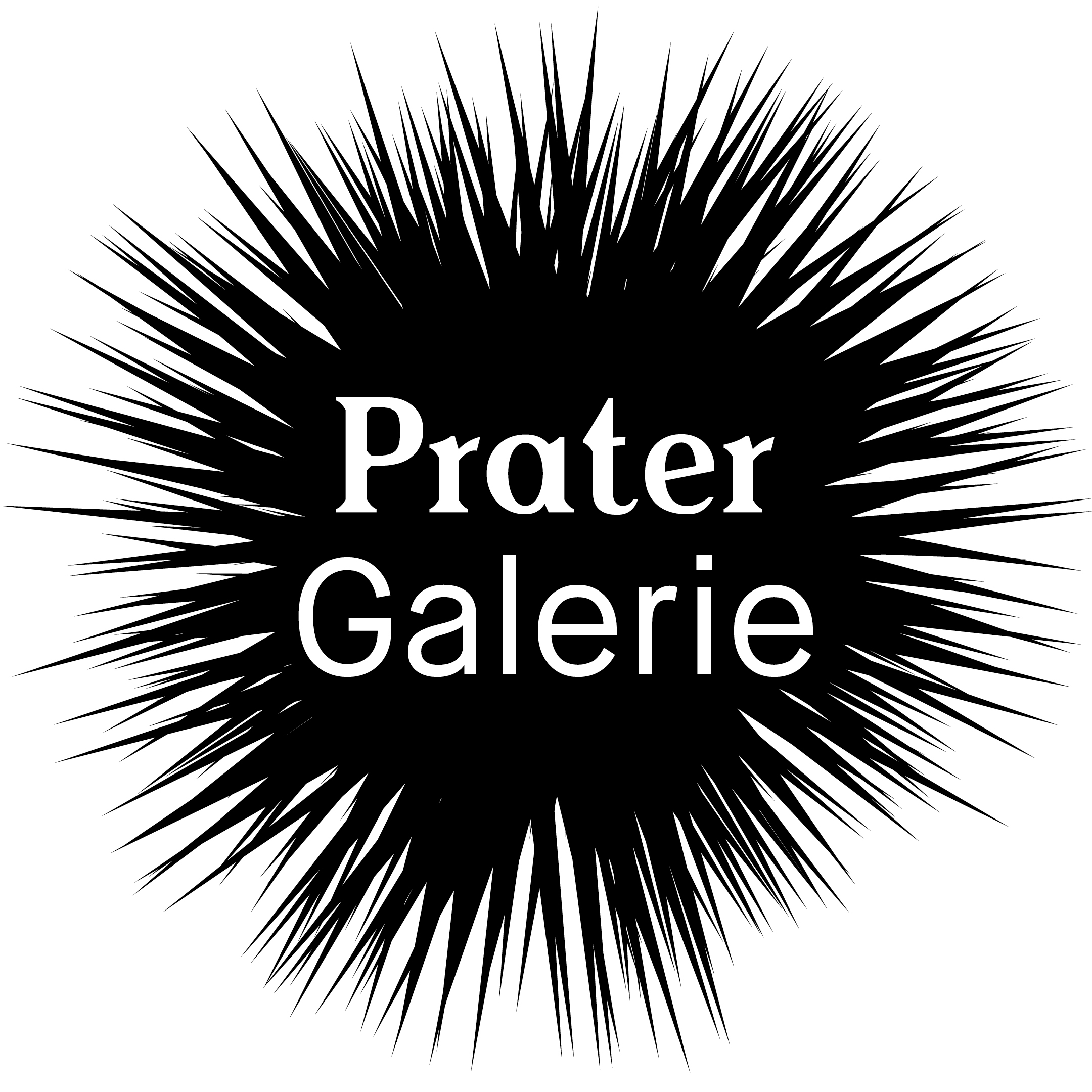23 February–9 June 2024
Artists
Daria Kozlova und Arwina Afsharnejad, Anonymous, Pavel Brăila, Uliana Bychenkova, Zuzanna Czebatul, De Ne De, Dmytro Hreshko, Experimental Jetset, Nikita Kadan, Leon Kahane, Yana Kononova, Roman Khimei und Yarema Malashchuk, Marina Naprushkina, The Reckoning Project, Vladyslav Riaboshtan, Mykola Ridnyi, Anton Shebetko, Aliona Solomadina, Wolfgang Tillmans, Anna Scherbyna und Christina Werner
The project is a cooperation between the Visual Culture Research Center, neue Gesellschaft für bildende Kunst and the Kulturstiftung des Bundes (German Federal Cultural Foundation), together with Between Bridges and the communal Prater Galerie. The Kulturstiftung des Bundes is funded by the Beauftragte der Bundesregierung für Kultur und Medien (Federal Government Commissioner for Culture and the Media).
Poster project with Pavel Brăila, Uliana Bychenkova, Experimental Jetset, Marina Naprushkina, Aliona Solomadina, Wolfgang Tillmans
Artistic Director: Vasyl Cherepanyn
Curatorial team: Jörg Heiser, Serge Klymko, Constanze Musterer, Viktor Neumann, Lena Prents, Can Mileva Rastovic, Wolfgang Tillmans, Shahin Zarinbal
Kyiv Perennial opens in Berlin from February 23–25, 2024, symbolically marking the 10th anniversary of the Maidan Revolution and the 10th year of the Russian war against Ukraine. It is a continuation of the pan-European edition of the Kyiv Biennial 2023, which took place in several Ukrainian and EU cities. The Berlin edition is funded by the Kulturstiftung des Bundes (German Federal Cultural Foundation) in a cooperation. A multi-part exhibition and an extensive program of events span four venues: nGbK’s two locations on Alexanderplatz and in Hellersdorf, Between Bridges, and Prater Galerie.
Kyiv Perennial interprets the idea of the biennial as a collective, long-term endeavor against the backdrop of survival – politically, socially, and culturally: “Perennial” means “lasting”, “enduring”, or “persisting”. Through presenting artistic and discursive practices, Kyiv Perennial addresses the multi-layered realities of war. The contributions engage and examine a wide-ranging spectrum of urgent themes, including war trauma, flight and displacement, the social and political polarization in European societies, ecological destruction caused by military conflict, and decolonial tendencies in contemporary Eastern European culture and politics.
Russia’s ongoing invasion of Ukraine has given rise to a new wave of investigative, research-based, and documentary approaches deployed by artists, activists, and journalists. Their works have amounted to a collection of evidence of war crimes that reach from the killing of civilians and the erasure of architectural and other cultural heritage to environmental destruction that will affect Ukrainians until long after the end of the war. In addition to presenting these, Kyiv Perennial will put back into focus the Russian invasion of the Donbas region, the history of the Crimean Tatars, and German war crimes on Ukrainian soil during World War II. Going beyond a mere reckoning with the past, the exhibition orients itself towards the future, seeking possible exit strategies from the current deadlock of war, authoritarianism, and colonialism.
The Berlin edition of the Kyiv Biennial commences with a three-day opening weekend: On February 23, the Kyiv Perennial opens at nGbK am Alex, two further openings follow at Between Bridges and station urbaner kulturen/nGbK Hellersdorf on February 24 and 25. On June 1, Prater Galerie organizes the symposium “What’s Left of the Friendship of Nations?”.
In partnership with: Emergency Support Initiative, Documenting Ukraine Program at the Institute for Human Sciences (IWM) Vienna, Institute for East European Studies at the Freie Universität Berlin, Ministry of Culture and Information Policy of Ukraine, The Reckoning Project, Ukrainian Institute in Germany.
Financed by


In cooperation with



